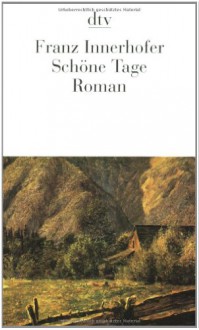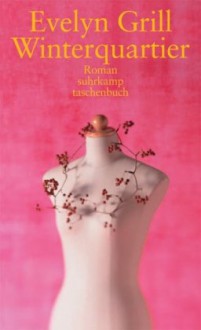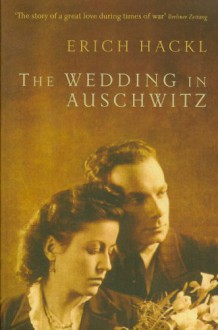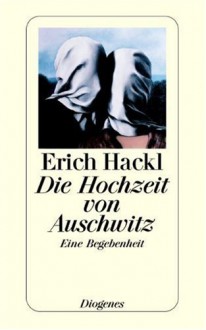This important work of Austrian literature has first been published in 1974 and is on many school reading lists in Germany, Austria and Switzerland today. The English translation, however, seems to have seen only one edition before going out of print again – unlike its French and Spansh translations.
The story basically is the fictionalised account of the author's own horrible childhood on a mountain farm in the Alpine regions of Salzburg during the 1950s. In shocking detail he evokes his love-less, even cruel biological father, who took him into house and family much rather as a free farm hand than as his son. His has to work hard for his living and he is only allowed to go to school when it suits the father or the teacher starts pestering. Beatings and abuse are an almost daily occurence and weigh terribly on the sensitive as well as intelligent boy who as he grows older begins to consider suicide as an acceptable way out. But then he turns into a teenager. Seeing that is stronger than his father he forces open his way into a better life.
If you'd like to learn more about this sad and shattering book that is definitely worth reading, be invited to click here to read my long review on Edith's Miscellany.

 Log in with Facebook
Log in with Facebook 















